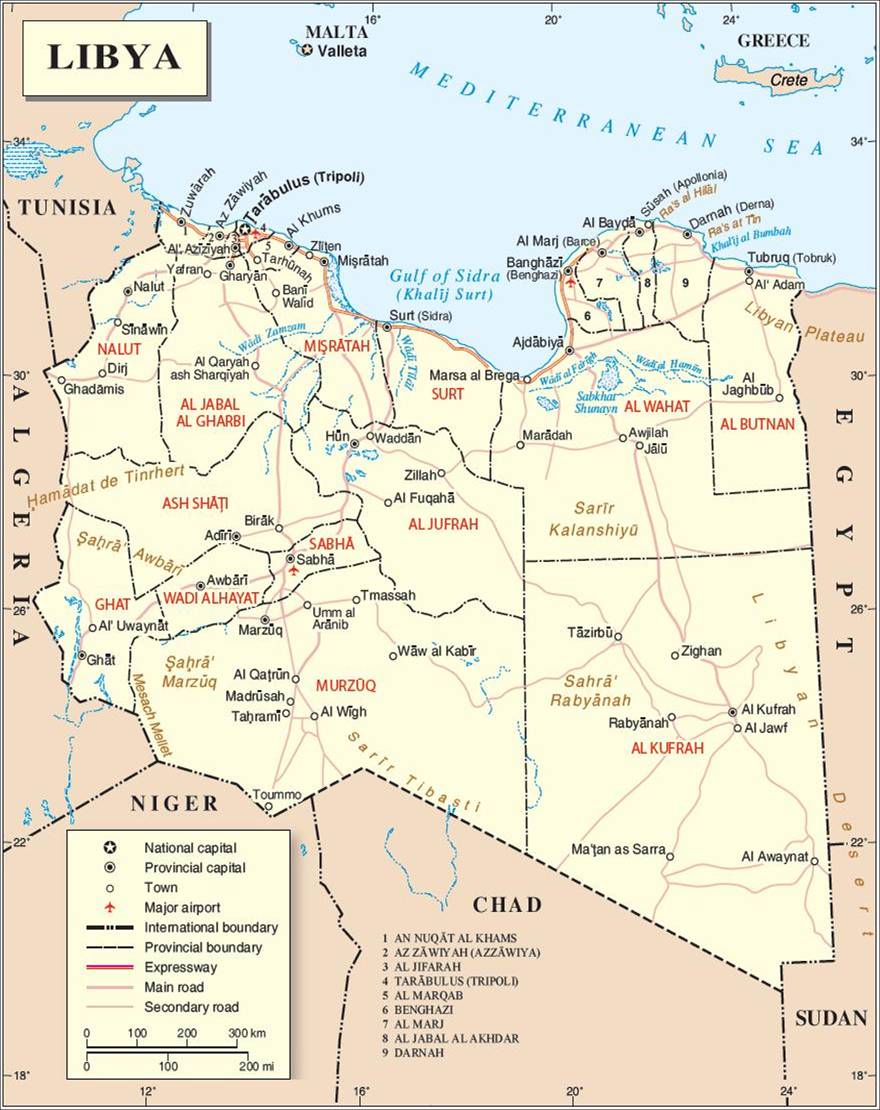Overview
The eagerly awaited announcement naming candidates for Libya’s new government which had been expected on 1 October failed to materialise. This was the second time that Prime Minister-elect Mustafa Abu Shagur has delayed the announcement, likely connected with disagreements between Abu Shagur and National Forces Alliance (NFA) leader, Mahmoud Jibril. On 2 October, Jibril was reported to have now agreed to support Abu Shagur, which should clear the way for an announcement by the 8 October deadline.
The death of Omran Shaaban on 24 September has increased tensions between Misratah and Beni Walid. Shaaban had gained notoriety for his role in finding Moammar Al-Qadhafi last year, but kidnapped in July and held Bani Walid for nearly two months. Shaaban subsequently died in France, where he had been receiving treatment for the injuries he received in captivity. The National Congress has issued an ultimatum to Bani Walid to hand over those responsible for the kidnapping and subsequent death of Shaaban, which expires on 5 October.
On the back of last weeks announcements banning a number of militia groups in response to the 11 September attack against the US consulate in Benghazi, the 29 September witnessed large weapons amnesties in both Tripoli and Benghazi. Various reports have claimed that large quantities of arms and ammunition were surrendered by militia members and private citizens during the events.
The New York Times reported that US Secretary of State Hillary Clinton had suggested that there was a link between Al Qaeda in the Islamic Maghreb (AQIM) and the 11 September attack, other reports have cited alleged communication intercepts between Ansar Al Sharia (the Islamist group implicated in the 11 September attack) and AQIM as proof of the complicity between the groups.





